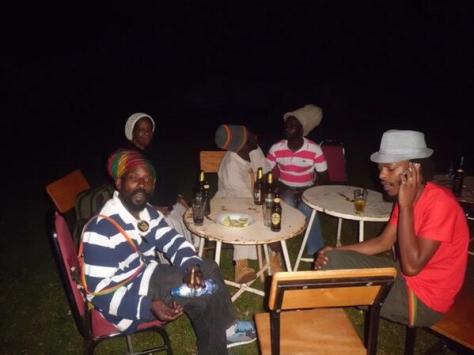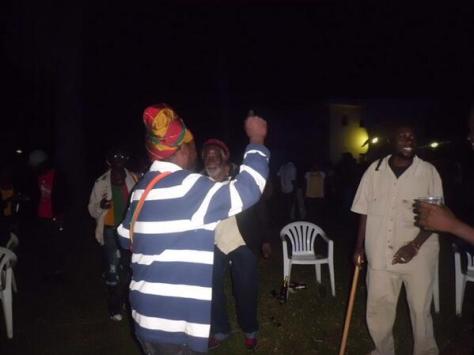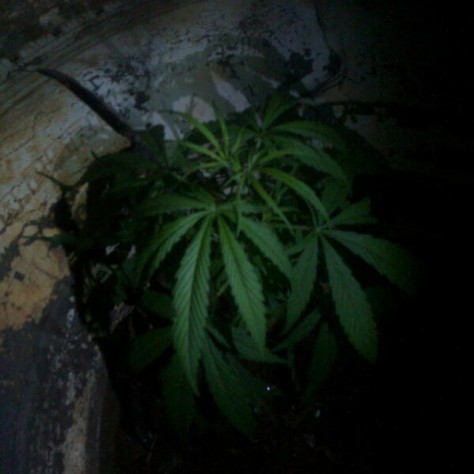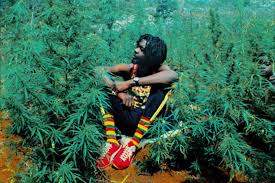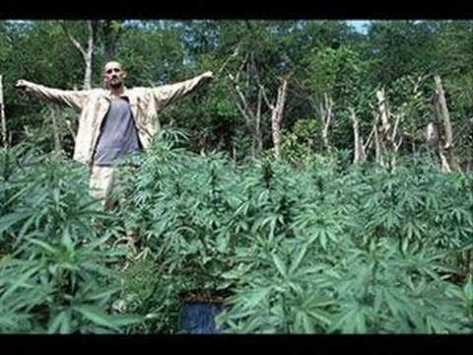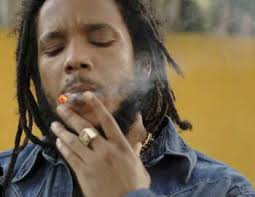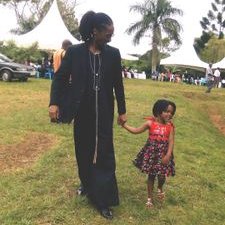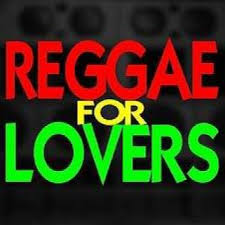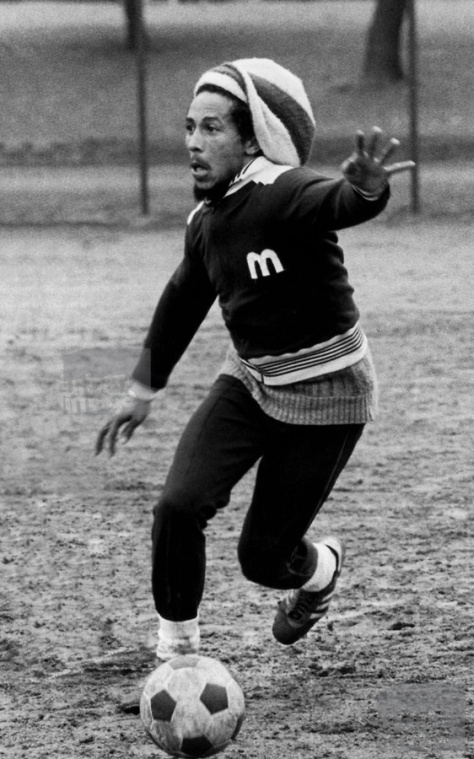Officially, Bob Marley had 11 children. What some people say though is he had a kid on every street corner in Kingston. Well, what those people are really saying is that Bob was a ladies’ man. Many women were attracted to him. In the late 60s before he moved to the US to join his mother, he was advised by Clement “Coxsone” Dodd to marry his love at the time, Rita. The two had been seeing each other for some time. She gave him three children, a girl and two boys. He went on to have children with different women, one of them a former Miss World. Today we find out what some of his children really thought about him. He was dad to them and superstar to the rest of the world. It is only fair that in my 7 day series, I highlight who he really was to five of the eleven. The five I have decided to go with are;
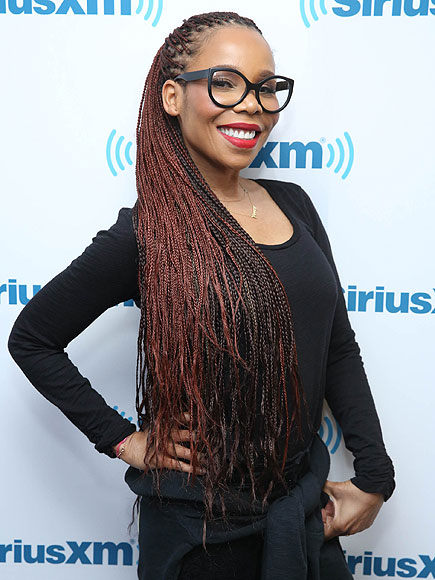
Cedella Marley: Bob’s first child , who honed her craft in The Melody Makers (three time Grammy award winners), before becoming CEO at Tuff Gong and launching her own women’s fashion range, Catch A Fire. Lately she has shown a lot of support for the female Jamaican football team.
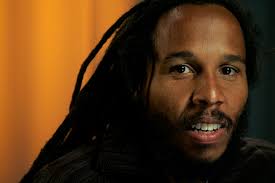
David ‘Ziggy’ Marley: Born in 1968, he is Bob’s oldest son. He sat in his father’s recording sessions from the age of 10. At 11 he formed the Melody Makers with his siblings. Together with Stephen Marley, they have the record for most Grammy awards for Reggae Album of the Year.
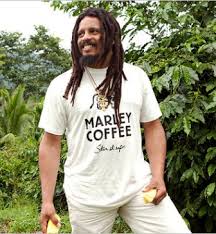
Rohan Marley: An ex American footballer, was involved with Lauryn Hill to the point that they had four children. Lauryn sang about one of them. Rita Marley, who was not Rohan’s mum by the way, loved Lauryn so much she once called her daughter.
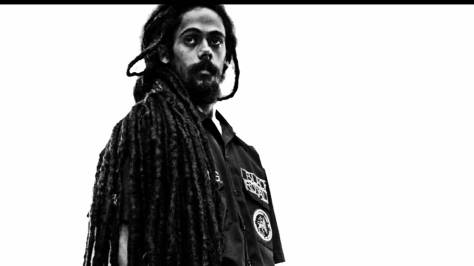
Damian ‘Junior Gong’ Marley: Son to the greatest King of Reggae and the Queen of the World (better known as Miss World) in 1976, Cindy Breakspeare, he is Bob’s youngest child. That right there is royalty. Whatever he does will always be special even when it is not.
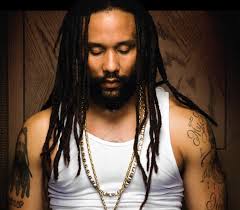
Ky-Mani Marley: The offspring of Bob and Anita Belnavis, Ky-Mani (it means Adventurous Traveller in Kikuyu by the way…Kenyans always winning) was just six when his dad passed on.
Today I share interviews by Lois Wilson I came across in a 2007 magazine I found stacked away in my small book shelf at my old man’s farm house just the other day. LESSON. I have managed to edit bits of it because they were in pidgin English. Enjoy.
Bob the Father
Cedella: If we did anything wrong, Bob would discipline us then I would pout and we would end up at Oopsidoo, the ice cream joint in Jamaica. Our make up was a burger called the Six Million Dollar Man and a milkshake. He was away a lot touring, but when he came home , he loved to play with us. It was runs on the beach, three miles in the hot sand, he was always like, “Keep up!”
Ky-Mani: He came up with me from the country with my older brother Stephen and a friend of his, and mama, and we went up into the hills in Nine Miles. Stephen went out into the bushes to shoot a slingshot and I remember losing mine and Stephen telling me I was going to get into trouble. I remember walking up to dad and telling him thinking, I’m going to get into trouble. And I remember him just smiling.
Rohan: I kicked football with him, I sat in the studio with him. He forced us to drink nastyvegetable juice and eat properly. Now I’m older, I appreciate it!
Ziggy: I first satin the studio with him when I was 10. He taught me music, he taught me discipline, hard work and to always try your best.
Damian: I was two when he died. I used to have a little record player and every night before I would go to bed I would pretend to perform one of his songs. I was looking up to my father as a little kid.
Bob the Icon
Rohan: I saw him as a Superdad. Bob my father is the same man as Bob the icon. I learnt from him, the way he carried himself, the way he treated people, what he ate.
Cedella: There are moments when I am listening to his music and it hits me. I have to think, Hey, that’s my dad.
Ky-Mani: He influenced my entire life, what he stood for. That’s why he influences people who never met or knew him. I don’t feel a pressure, I love challenges and my father’s legacy is a challenge. My dad is my dad, he just happened to be a legend.
Damian: Pressure? I remember one time I was singing a song about adult affairs didn’t take to that kind because I was Bob Marley’s son and I should be more respectful and thankful. It didn’t stop me. There’s more things in life that are more pressure than being Bob Marley’s son.
Bob The Musician
Ziggy: When Exodus was released, my father wasn’t a huge star in Jamaica. It was not like in Europe. In Jamaica you have musicians, not stars. He was a roots man. Bob made music and from that we got a vibe for a revolution, it meant more than stardom.
Cedella: I heard Exodus around the time it came out. I was only a child and I was scared of it. The name was so big, like it could create a coup. . My dad took all the risks you can , because this record could start a revolution. The attempt on his life angered him, that came across in the songs. He was ready to go to war with whomever, whenever and wherever.
Rohan: But Exodus also speaks about love, about jamming, about people getting together, about the woman. Exodus is a full circle.
Ky-Mani: I’ve listened to James Brown speak of my father, Stevie Wonder, Eric Clapton, we’re talking about the greats that have been influenced.
Bob The Message
Rohan: Bob wanted unity. People who listen to my father’s music have no prejudice, they love everyone and they break the barriers of colour, of woman and man. It is important to spread my father’s message. Tuff Gong clothing is my way. My dad’s music is the spirit and the clothing is the flesh. I capture the silhouette of my father in the fit.
Cedella: If we can tap into areas outside of music, we can get dad’s message to even more people. There is Tuff Gong Books, Tuff Gong Pictures, where we release documentaries, and my clothing line Catch A Fire. Bob has 48 grandchildren. He’ll be around for a long, long, long time.
Ky-Mani: I see children in Bob Marley t-shirts. I have children reciting entire songs to me so they will teach their children the same and so on.. It will never end. The message will be relevant forever.
Damian: I feel I have to spread that message. I don’t feel because it is his message but because the message is needed. It needs to be heard
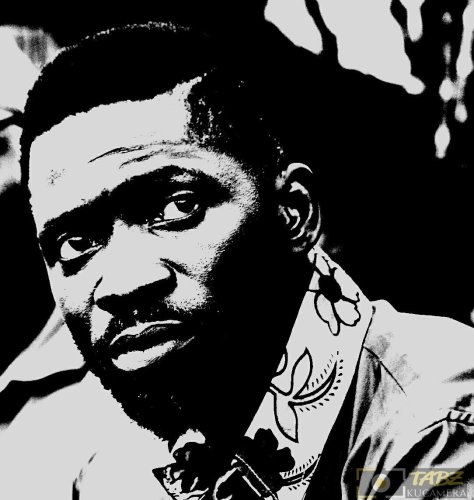
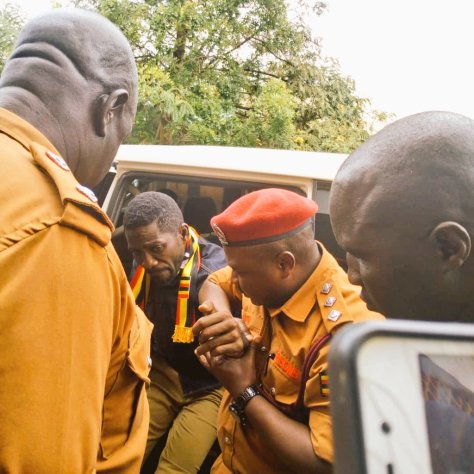
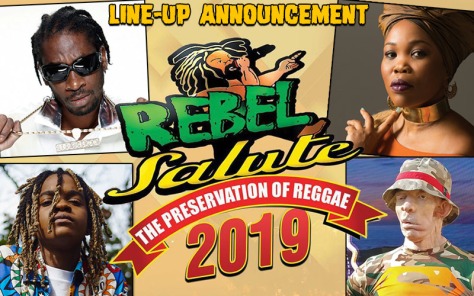
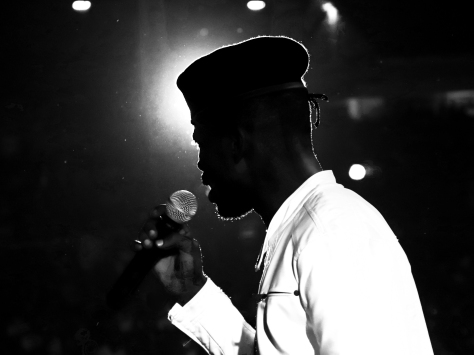
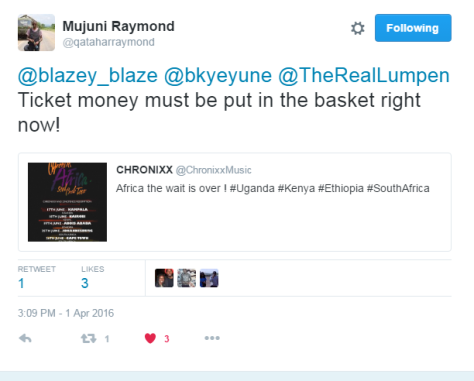
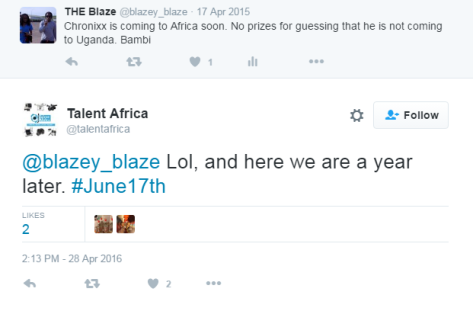
![Inner_Circle[1]](https://blazeyblaze.wordpress.com/wp-content/uploads/2016/05/inner_circle1.jpg?w=474)
